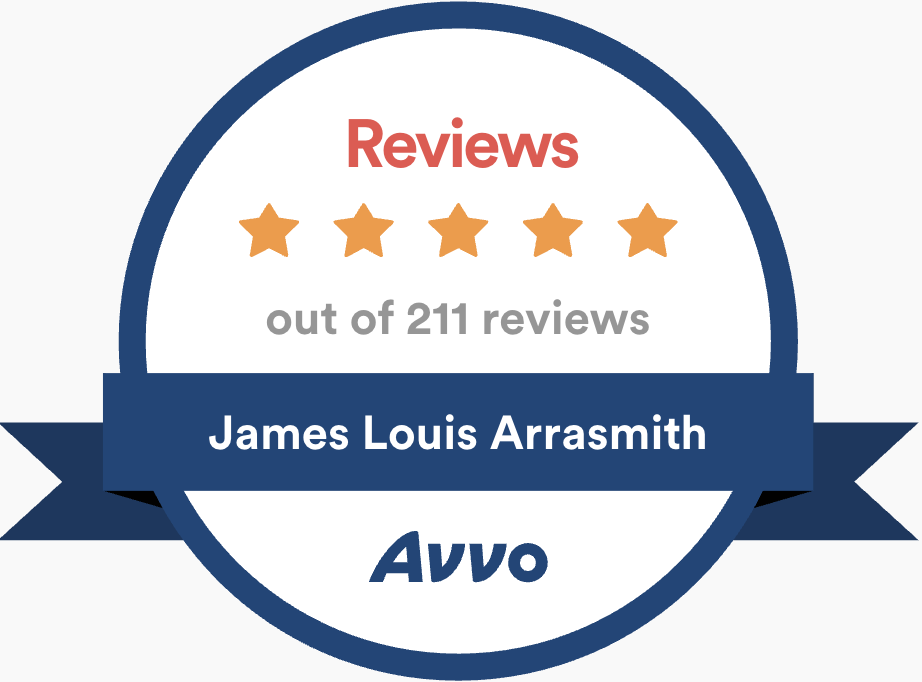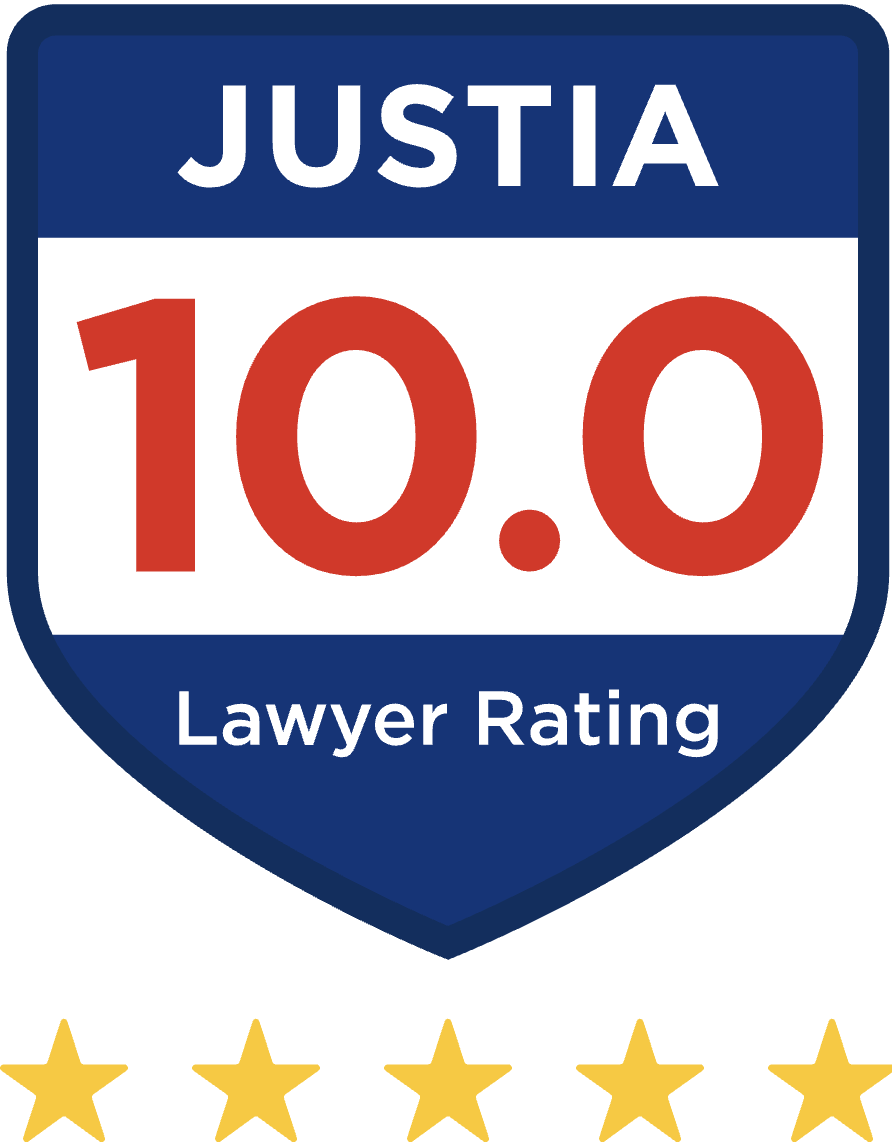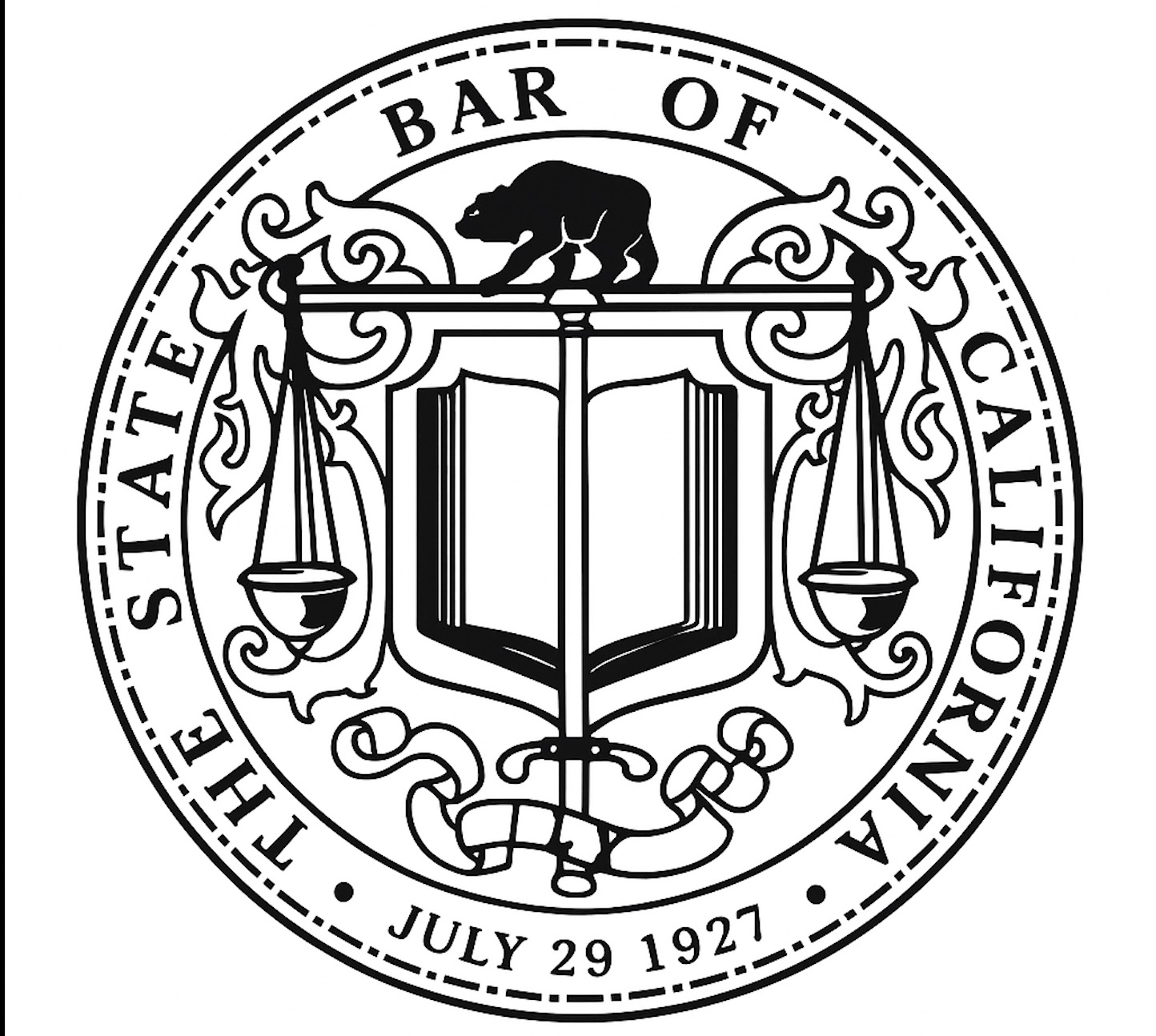Defamation, Libel, and Slander: Protecting Your Reputation Under California Law
Authored by James L. Arrasmith, Owner & Chief Legal Counsel, The Law Offices of James L. Arrasmith
Why Your Reputation Deserves Vigilant Protection
Few assets are as fragile—or as vital—as your good name. “Your reputation is the cornerstone of personal and professional success, and when false statements threaten it, swift legal intervention may be necessary,” observes James L. Arrasmith.
Defining Defamation, Libel, and Slander
The Statutory Framework
California Civil Code §§ 44–48a governs defamation actions, distinguishing between libel (written or otherwise permanent) and slander (spoken or transitory). A plaintiff must prove:
- A false statement of fact;
- Publication to a third party;
- Fault amounting at least to negligence; and
- Resulting harm or the statement’s defamation per se nature.
Public Figures vs. Private Individuals
Public figures must satisfy the higher “actual malice” standard established in New York Times v. Sullivan. Private individuals need only show negligence, but damages still hinge on fact-specific evidence.
Common Defenses and Privileges
Even blatantly damaging statements may be shielded by privilege. Examples include:
- Absolute privilege for statements made in legislative or judicial proceedings;
- Qualified privilege for fair and true reports of matters of public interest (Cal. Civ. Code § 47(d)); and
- Opinion protection—pure opinions, devoid of verifiable fact, typically fall outside defamation liability.
Damages and Remedies
California recognizes general, special, and—where malice is shown—punitive damages. “In practice, a carefully structured demand letter can sometimes secure retraction and settlement without protracted litigation,” notes Mr. Arrasmith.
Strategic Considerations Before Filing Suit
- Weighing potential civil-litigation costs;
- Preserving electronic evidence (screenshots, metadata, archived pages);
- Evaluating insurance coverage for media liability or personal-injury riders.
That’s why it’s essential to hire a qualified attorney — schedule an initial consultation today.
Why Retain The Law Offices of James L. Arrasmith
With years of trial experience in Northern California courts, Mr. Arrasmith delivers:
- Proven expertise in tort and First Amendment litigation;
- Personalized strategy orientated toward efficient dispute resolution; and
- Relentless advocacy to restore and safeguard your reputation.
Get In Touch
Ready to act? Contact our office or book your consultation online.
Animal Rights & Welfare Litigation in California: Advocacy for the Voiceless
Authored by James L. Arrasmith, Owner & Chief Legal Counsel, The Law Offices of James L. Arrasmith
The Growing Importance of Animal Law
California leads the nation in animal-protection statutes. “Our legal system increasingly recognizes that animals, while still classified as property, deserve meaningful welfare safeguards,” states James L. Arrasmith.
Principal Statutes & Regulatory Bodies
Key California Codes
- Penal Code §§ 597 et seq. – Criminal penalties for cruelty and neglect;
- Civil Code § 3340 – Enhanced damages for wrongful injuries to animals;
- Health & Safety Code § 25990 – Restrictions on confinement of farm animals.
Federal Overlays
The Animal Welfare Act (7 U.S.C. § 2131) sets minimum care standards for certain commercial uses, while the Endangered Species Act governs protected wildlife.
Common Civil-Litigation Scenarios
- Veterinary malpractice and negligence;
- Custody disputes in divorce or probate settings;
- Injuries to service animals, and;
- Claims against governmental agencies for unlawful seizure.
Standing: Who May Sue?
California typically requires an owner or legally recognized guardian to bring suit. Nonetheless, public-interest organizations sometimes obtain standing via citizen-suit provisions in environmental statutes.
Remedies Available
Civil actions may yield:
- Compensatory damages for veterinary bills and diminished value;
- Restitutionary orders (e.g., return of an unlawfully seized animal);
- In egregious cases, punitive damages to deter future misconduct.
Strategic Approach
Early fact-gathering—photographs, veterinary records, eyewitness statements—is critical. “Precise documentation can transform an emotional claim into a compelling legal narrative,” emphasizes Mr. Arrasmith.
That’s why it’s essential to hire a qualified attorney — schedule an appointment to discuss your case.
Our Commitment to Animal Advocacy
- Experience navigating state and federal animal-protection frameworks;
- Collaboration with veterinarians and industry experts to substantiate claims;
- Compassion-driven representation focused on both justice and welfare.
Next Steps
If you suspect an animal’s rights have been violated, contact our office or book a consultation today.

















